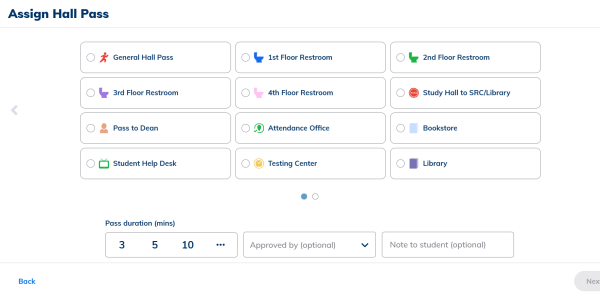Advisory periods: students indifferent to new plan
As the summer dwindled and the school year drew closer, the school sent an email to its returning students and faculty. In this, the school informed students and faculty that an advisory period had been added after second period. There were mixed opinions then, and now most students interviewed don’t feel the advisory adds much to their day.
One recurring argument is the new period’s apparent uselessness. It adds time to the day, which is inconvenient for students who work after school or rely on public transportation to get home.
The administration asked students at the end of the past school year if they would benefit from an advisory period. Most students interviewed either disliked or were indifferent to the idea.
“I was for the most part indifferent,” Seth Miller, a junior, said. “I felt it was pointless; we don’t have enough time to do anything,” said Amber Siegel, a sophmore.
Some students thought it would have a positive influence on their school year. Junior Mateo Reyes said advisory is “a good opportunity for students who don’t have a study hall… (and it’s) more focused on announcements.” The small break in the day offers time to finish uncompleted homework. It helps alleviate the issue of students not paying attention to the announcements. Seniors interviewed said the advisory period offered them an opportunity to plan for college and speak to counselors about the application process.
Counselor Joseph Herbst, who served on the committee that designed the new advisory period, says he and other counselors benefit from this time. He sees the advisory period as a sort of “home base” for students; a period in which there are no expectations. With the amount of stress most students experience on a daily basis, having a space to relax is a step in the right direction.
“Advisory would be an avenue for counselors to interact with their students,” Herbst said, “as well as provide an opportunity for all students to be in a non-evaluative setting to build school community.”
However, Herbst also expressed some changes he’d like to make to the advisory period. He dislikes the current length of the period. A recurring argument against the advisory period is the short length, with the addition of the announcements, make it difficult for students or teachers to be productive in the time allotted. Herbst said “I’d probably make it twenty minutes instead of fifteen, quite honestly.”
The advisory period was added as a way to foster community between groups who don’t usually interact otherwise. Staff members referred to the advisory system as a sort of “cross-section” of the school. It is only organized by counselor in contrast to other classes organized by achievement.





